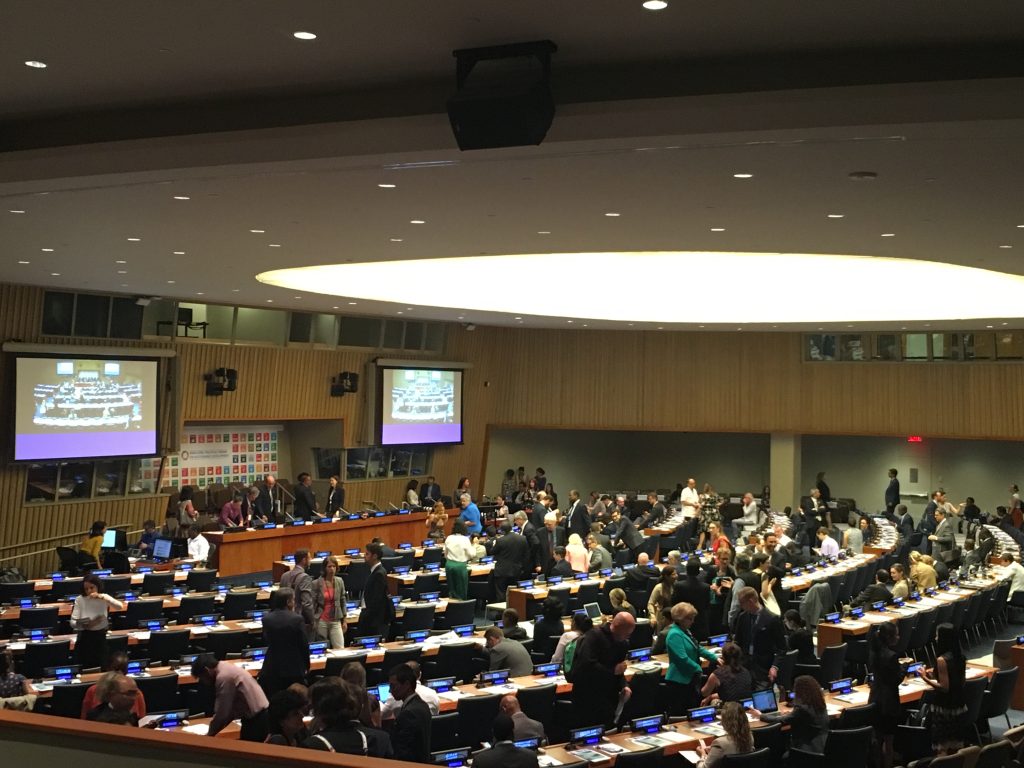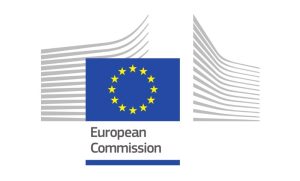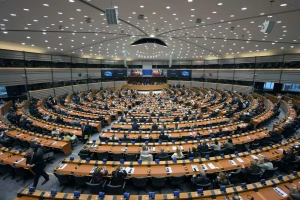
Last July 10-19, 2017, the High-level Political Forum on Sustainable Development (HLPF) took place at the United Nations Headquarters in New York City. The HLPF is an annual event by the Economic and Social Council (ECOSOC) where countries, relevant UN entities, and other stakeholders convene to focus on the status of specific Sustainable Development Goals (SDGs) in accordance with the 2030 Agenda. This year, with the theme “Eradicating poverty and promoting prosperity in a changing world”, the HLPF chose to review the following set of SDGs:
Goal 1. End poverty in all its forms everywhere;
Goal 2. End hunger, achieve food security and improved nutrition and promote sustainable agriculture;
Goal 3. Ensure healthy lives and promote well-being for all at all ages;
Goal 5. Achieve gender equality and empower all women and girls;
Goal 9. Build resilient infrastructure, promote inclusive and sustainable industrialization and foster innovation;
Goal 14. Conserve and sustainably use the oceans, seas and marine resources for sustainable development;
Goal 17. Strengthen the means of implementation and revitalize the Global Partnership for Sustainable Development.
Over 44 countries volunteered to deliver their national reviews in line with the following SDGs, while major groups and other stakeholders also contributed to the discussion.
The opening plenary session tackled where we are in the second year of implementing the 2030 Agenda. The session introduced Robert Johnson, the President of the Institute for New Economic Thinking, as the first keynote speaker.
Aside from his points on halting the devastation of oceans and alleviating poverty by means of improving the condition of women, Johnson also described a kind of “dangerous discontent” from advanced countries who he recommended should maintain an openness to emerging and poorer countries. He proceeded to talk about the notion of “otherness” on the tensions and racial animosity in the United States. For Johnson, the idea of alleviating this issue by recognizing it is one step too simple. Instead, he calls for the healing of otherness.

The World Youth Alliance (WYA) recognizes the inherent dignity of every human being no matter his/her ethnic, religious, cultural, and economic background. We recognize that our greatest resource is the tremendous potential of the human person and that this can be the basis for authentic development through allowing each one of us to give of himself.
In connection to WYA’s global theme for this year, “Migration and Development”, WYA hosted the Migration and Development talk in their New York Headquarters last month wherein experts from different fields talked about forced migration, the economic aspects of migration, responsibility sharing, and a person centered approach to migration.
WYA also believes that education plays a major role in helping today’s generation recognize the worth of each individual. The Human Dignity Curriculum (HDC) is a great avenue for children as young as Kindergarten through 8th Grade to learn about concepts like the human person and his inviolable dignity. Among the key topics of the HDC is the excellent use of one’s freedom through actively participating in the act of solidarity. Indeed, understanding the need to identify concrete actions towards solidarity is vital in this journey of healing “otherness”.
Join us in recognizing the value of the human person in relevant issues like migration by following upcoming events and ongoing programs on our website. Meanwhile, learn more about WYA’s stand on this issue through reading our declaration on migration and development.
Written by Anne Mimille Guzman, a WYA Headquarters’ Intern from the Philippines.




